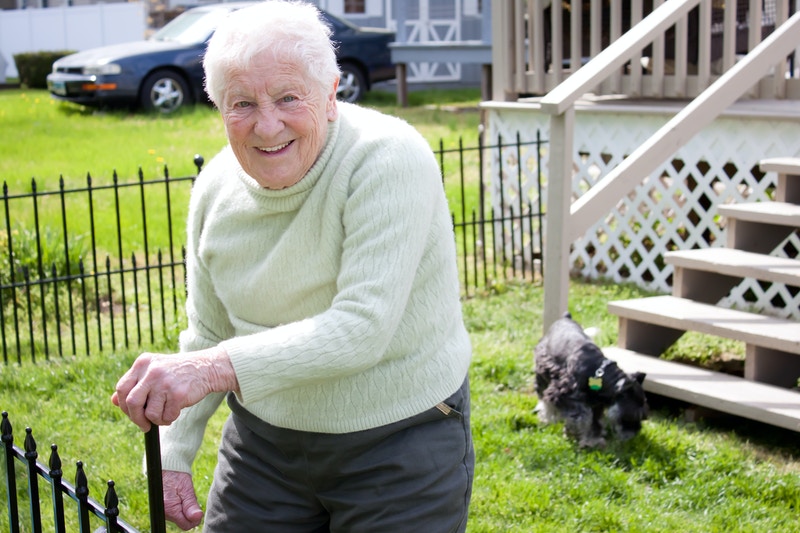

It is an unfortunate fact of life that our parents — the people who once cared for us — will eventually, most likely, need care as well. It’s not at all unusual for senior citizens to need extra care. In this day and age, people are living longer than other — but living longer doesn’t mean that your health is sustained for a longer period of time. Senior citizens experience a natural deterioration in health; but that does not mean that their quality of life has to deteriorate as well. Where it was once commonplace to choose assisted living facilities for senior citizens to reside within, in this day and age in home care has become the more preferred form of elder care services for several different reasons. The risks of choosing assisted living facilities have been well-covered in the media recently. Furthermore, elder care facilities often cost more than they’re worth. But there are other problems that come with choosing an assisted living facility over more personalized elder care services. Many times, the families of senior citizens find that they lose an element of closeness with their loved ones after they’re moved to an elder care facility. Here are a few things you should think about when considering the type of senior care you want for your loved one.
Home Healthcare: Considering Your Loved One’s Specific Health Needs
When thinking about elder care services, you should be realistic and honest with yourself about the health concerns your loved one is facing. This way, you can find a caregiver who has practical experience with the health challenges your loved one has. Many children of senior citizens find their parents dealing with Alzheimer’s Disease or dementia. Unfortunately, Alzheimer’s is the sixth leading cause of death in the United States, and is the only top 10 cause of death in America that, at this time, cannot be cured or stopped. With about two-thirds of American Alzheimer’s patients being women, it also can’t be prevented. Contrary to popular belief, Alzheimer’s Disease does not only affect a person’s mind, but their body as well. Many Alzheimer’s patients are very frail. However, this does not mean that they should be dismissed as doomed by any means. On the contrary, Alzheimer’s patients benefit from being intellectually stimulated. This is more likely to happen if they have an individual at-home caregiver, versus an assisted living experience. Another great thing about choosing an in-home caregiver for Alzheimer’s patients is that they won’t experience the confusion that comes with changing living arrangements. Moving can be very difficult for people with Alzheimer’s or dementia, and maintaining some semblance of normalcy is great for them.
Emotional Care: Choosing A Caregiver
If you feel guilty about hiring a professional caregiver to help care for your loved one — don’t. The fact is that most people with senior parents do not have the time or money to care for their parents full-time, even if they want to. You probably can’t simply quit your job to care for a loved one full-time, and often caring for a loved one in their senior years is stressful and emotionally difficult. Caring for a senior-citizen is a full-time job, to the extent that many professional caregivers live with their charges. Professional caregivers have the training necessary to be able to handle the emotional and physical toll caring for a senior citizen can take. They also can foster a continuous connection between you and your loved one. At the same time, the caregiver is an impartial but caring individual with whom your loved one can bond. It’s great for senior citizens to spend time with people outside of their immediate families. The fact is that caregivers, by having a bit of “distance” are also able to make tough decisions. This is particularly important when the senior citizen in question as Alzheimer’s or dementia.
Remember, you should be able to rely upon elder care services to help you make life as great as possible not only for your loved one, but you too.